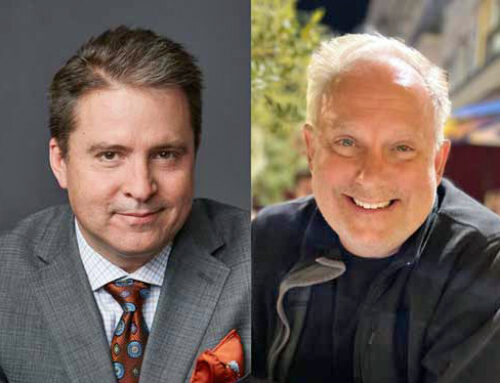All religions cite their scriptures as authoritative for their engagement with the world. But how? It’s easier said than done.
Abraham Lincoln said during his second inaugural address about those with Union and Confederate sympathies: “Both read the same Bible and pray to the same God; and each invokes His aid against the other. How could that be?”
We find the same challenge today among those who read the same Bible with respect to cultural and political challenges. One group reads the Bible to defend law and order, while the other sees it as inspiration for perpetual change. The former sees faith as a stabilizing force to protect longstanding values, the latter as impetus for liberation from all forms of discrimination.
On any given Sabbath, preachers will hold forth on texts common to everyone in their pews, and yet, they will find different lessons to apply. The faithful struggle to know how to read the Bible when even the faith professionals differ on how to interpret it.
Truth is, both are wrong when they read scripture in a way that only conforms to one approach. The Bible is the record of dramatic deliverance of captives, with a bias toward the vulnerable, and a radical assertion of human dignity and equality. It is also a book of blessing, with a vision of quotidian grace and a collection of wisdom for everyday living. It’s about freedom and discipline, salvation and virtue.
In her book, Who Stole My Bible, the Rev. Jennifer Butler says that “God charges us to have historical empathy.” That is, we should read the Bible with a view of divine sympathy for those “at the bottom of the power pyramid — the slaves, the strangers, the immigrants, the poor, the widows.” This, she says, “frees us from the deception of inevitability, the naïve idea that humanity is always progressing. Instead, Scripture teaches us to be vigilant so we can help advance God’s vision for humanity.”
At the same time, the Bible provides guidance for those in positions of power, privilege and prosperity. They are to use their influence selflessly and resources generously to serve the common good and to create conditions for human flourishing. Wealth and social capital are not themselves condemned, but the use of them to game justice and opportunity in their favor while denying it to others is judged harshly.
At the root of problems that beset faith communities today, including the ways we participate in the public square and advocate for social and economic policy, is the failure of empathy, as Butler puts it. But it goes both ways. Demonizing the “other” is ruinous to our communal life and the public good. Whether fueled by envy of those who have much or by denigrating those who have little, if we can’t see ourselves in others, we can’t live together as neighbors or friends.
Wouldn’t it be something if we could learn to read the Bible to invoke God’s aid for, instead of against, each other?
GEORGE MASON is pastor of Wilshire Baptist Church, president of Faith Commons and host of the “Good God” podcast. The Worship section is underwritten by Advocate Publishing and the neighborhood businesses and churches listed here. For information about helping support the Worship section, call 214.560.4202.






